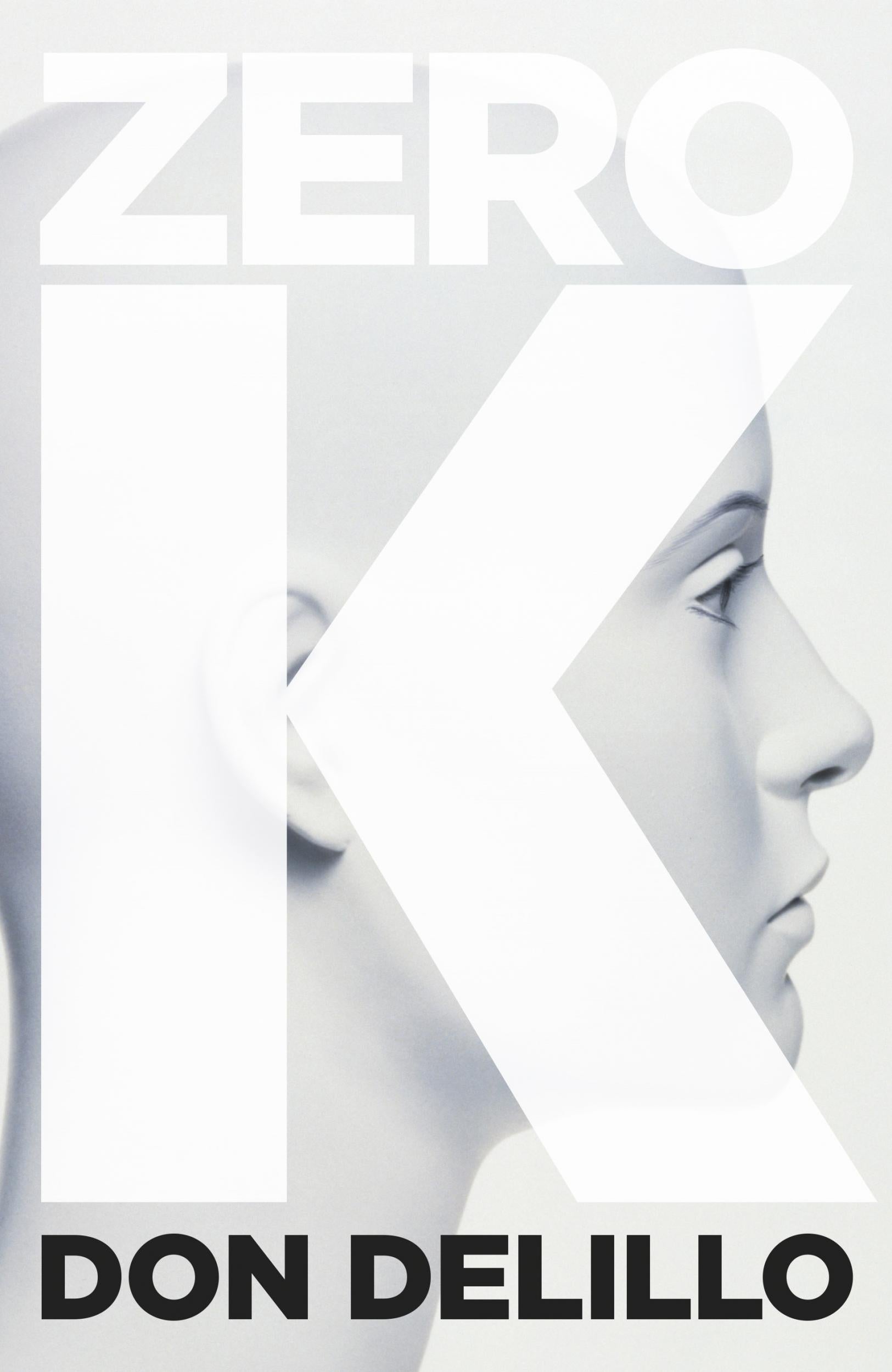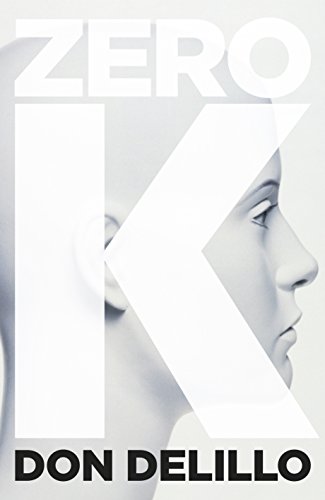

Intently observant and obsessively concerned with language and meaning, Jeffery is a mesmerizing and disquieting narrator as he describes the “eerie and disembodying” ambiance of the Convergence and its ritualized, morally murky amalgam of mysticism and science, from the “post-mortem décor,” punctuated by unnerving sculptures and violent cinematic montages, to the sarcophagus-pods containing naked, cryopreserved voyagers to the unknown. “One of the most mysterious, emotionally moving, and rewarding books of DeLillo’s long career” ( The New York Times Book Review), Zero K is a glorious, soulful novel from one of the great writers of our time. Jeff, the book’s narrator, is committed to living, to experiencing “the mingled astonishments of our time, here, on earth.”ĭon DeLillo’s “daring…provocative…exquisite” ( The Washington Post) new novel weighs the darkness of the world-terrorism, floods, fires, famine, plague-against the beauty and humanity of everyday life love, awe, “the intimate touch of earth and sun.”

Should we have to die in the same manner? Isn’t it a human glory to refuse to accept a certain fate?” These are the questions that haunt the novel and its memorable characters, and it is Ross Lockhart, most particularly, who feels a deep need to enter another dimension and awake to a new world. Jeff joins Ross and Artis at the compound to say “an uncertain farewell” to her as she surrenders her body. Ross is the primary investor in a remote and secret compound where death is exquisitely controlled and bodies are preserved until a future time when biomedical advances and new technologies can return them to a life of transcendent promise.

Jeffrey Lockhart’s father, Ross, is a billionaire in his sixties, with a younger wife, Artis Martineau, whose health is failing. A New York Times bestseller, “DeLillo’s haunting new novel, Zero K-his most persuasive since his astonishing 1997 masterpiece, Underworld” ( The New York Times), is a meditation on death and an embrace of life.


 0 kommentar(er)
0 kommentar(er)
